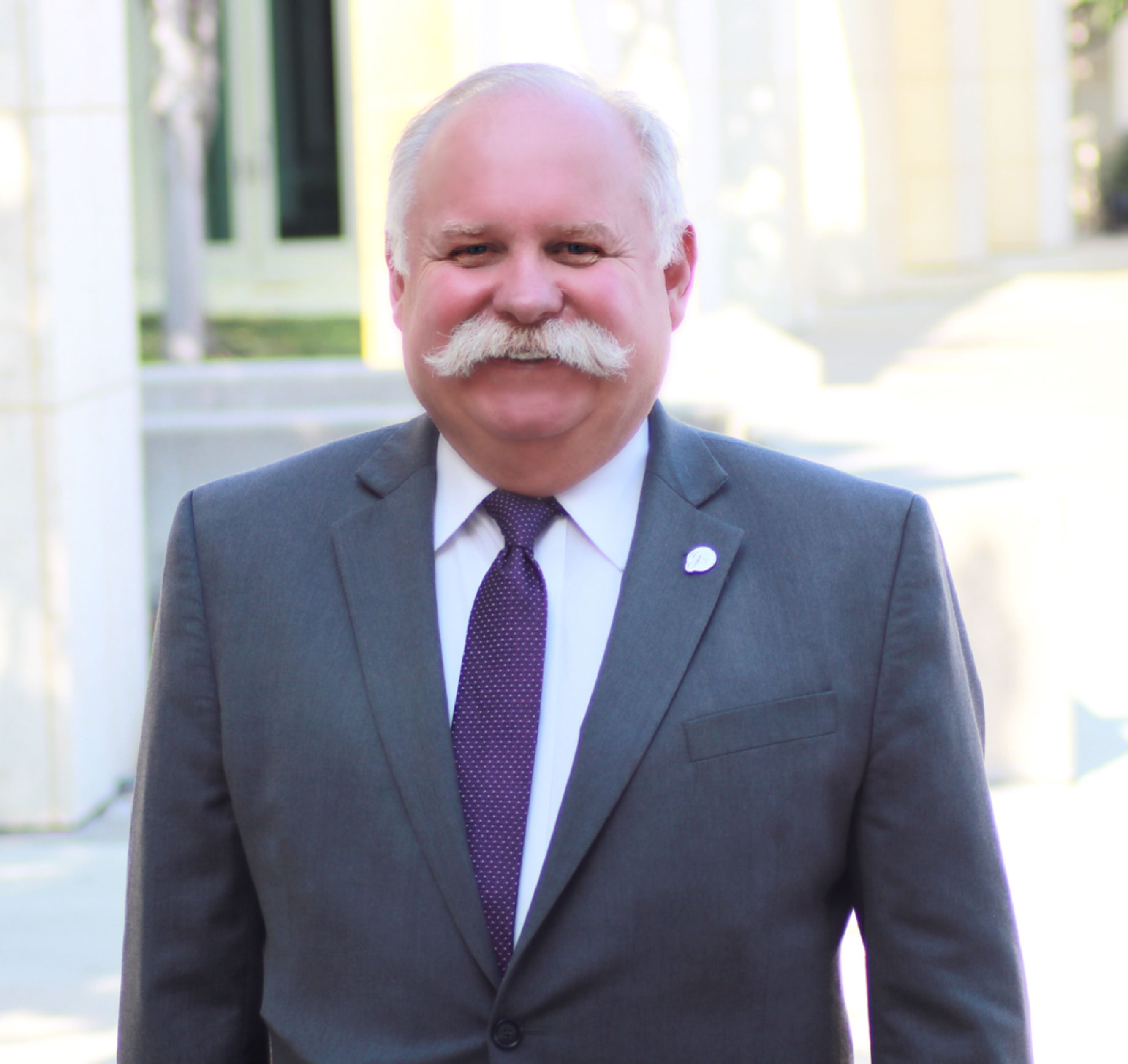As the elected members tasked with making decisions that affect the whole community and all owners, it is imperative that every HOA board is fully conversant with the fundamental rules that facilitate effective leadership. Typically, a board is responsible for solving disagreements, managing finances, and generally enforcing rules that seek to make the community a better place. However, without the knowledge of HOA best practices, achieving excellent results can be difficult. Here we discuss some of the best practices that board members should always adhere to. 
Ethical practices
Being ethical involves putting the interests of the majority over your own, ensuring that set rules are followed, and protecting the resources of the community. As a leader, it is your duty to consider the motivation and consequences of your decisions before implementing them. Anything that does not resonate with the community or does not seek to promote their interests should be discarded.
Ethicality also prohibits a leader from having a conflict of interests, which can end up compromising the relationship between board members and the community. Refraining from practices that do not reflect well on the board should always be a priority.
Accountability and transparency
An organization that undermines the need for accountability and transparency only ends up being chaotic. As a nonprofit mutual benefit corporation, HOAs should emphasize these two best practices in regard to their operations. Managers have a responsibility to ensure that information about the organization is accessible to all members. They should also be in charge of record-keeping and governing documents, which serve as the guidelines for the operations of the organizations.
Financial responsibility
Board members are in charge of an HOA's finances, and as such, it is their duty to pursue financial stability for the organization. They can achieve this by developing workable and reasonable budgets, establishing viable financial policies, and continually looking for ways to source money. For efficiency, they should consult professionals in the field who are better placed to develop sound accounting controls, which can ultimately help to safeguard the community's assets. Without financial responsibility, misuse of public funds and lack of accountability are bound to happen.
Communication
Lack of communication is often an issue that many HOAs grapple with. This can be detrimental to the organization as, without proper and effective communication, nothing can get done. Board members should maintain communication by informing the community on current issues, answering emails and phone calls, and updating the organization's websites frequently. Communication between board members, managers, and the community ensures that everybody is on the same page, is aware of meetings and current agendas, and is able to contribute where required.
Checks and balances
Board members are tasked with establishing an internal system of checks and balances to safeguard the resources of the community and ensure service delivery. Since the community members have entrusted the board with leadership, it should enforce policies that do not only seek to protect the community but also spell reasonable punishments to those who subvert them. An HOA that fails to establish a reliable and efficient system cannot keep track of how resources are used and if they are used for the benefit of every member of the community.
Being reasonable
Board members are expected to act with decorum even in times of chaos. In any case, disagreements are bound to arise whenever people hold different opinions. In such instances, leaders should be the voice of reason, and therefore should strive to help people find common ground. Noteworthy, a leader should not show partiality by supporting a contentious idea. Rather, he should consult to ensure that the final decision favors the majority of the members. This way, he/she is able to keep everything in control.
Board members who strictly follow the mentioned best practices are sure to provide quality leadership, and consequently oversee the success of their HOAs. At GrandManors, we work alongside board members to provide professional association management to luxury communities. Contact us to learn more about our services!

